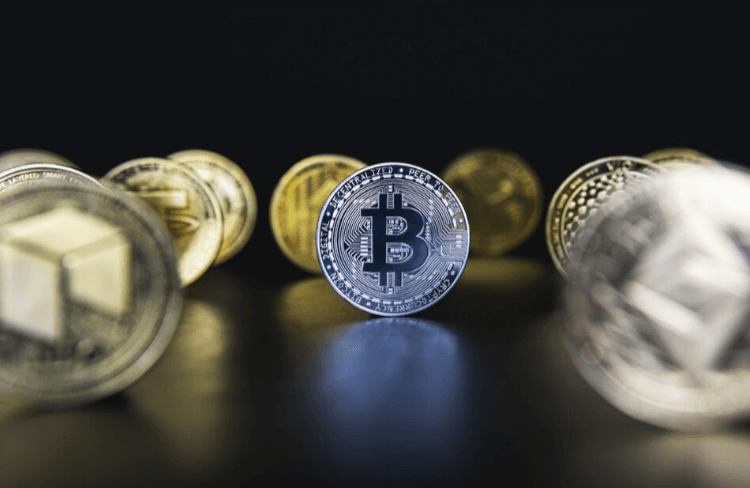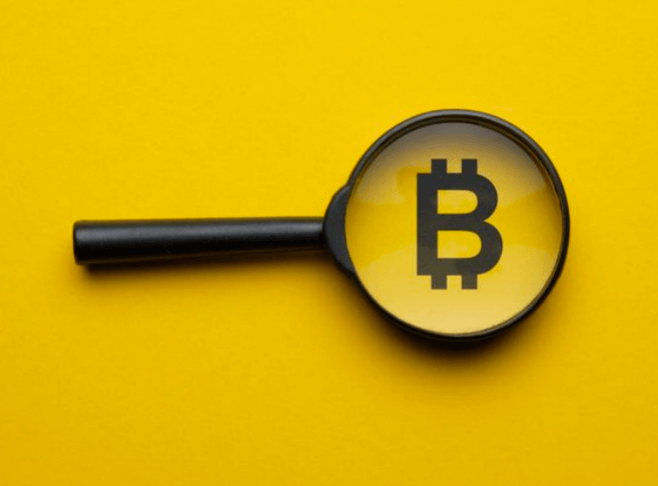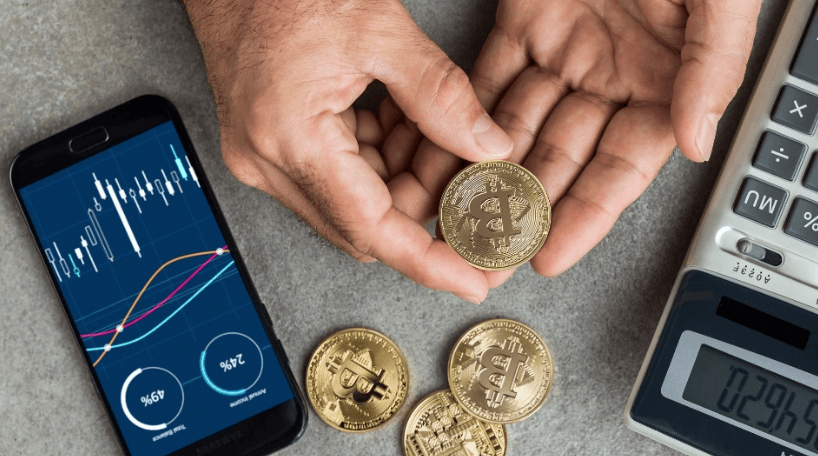What is Bitcoin
Unlike real currencies such as the US dollar and the euro, Bitcoin is a digital currency that exists in the virtual world. With the growing number of Bitcoin supporters, it has now become an alternative payment option to traditional currencies when people purchase goods and services. Bitcoin is the first and naturally the most popular electronic currency (cryptocurrency, also known as digital gold currency), and it has strict issuance and management regulation and security measures.

Bitcoin was created in 2009 by a mysterious individual or group under the pseudonym Satoshi Nakamoto, who quitted the project in 2010. We don't yet know his or their real identity. With Bitcoin's rapid popularity in 2013, its value soared more than tenfold within two months, from $22 in February to $266 in April. At the its peak value, the circulation of Bitcoin was 10 million and the total market value exceeded 2 billion US dollars.
Bitcoin is fundamentally different from traditional currencies. First, Bitcoin is a decentralized currency implemented using end-to-end (P2P) technology. All matters related to Bitcoin, including issuance, transaction processing and verification, are carried out through the network, and there is no dedicated body to monitor the entire process of money flow. In contrast, traditional currencies are issued by central banks as part of national monetary policy. For example, in the United States, the Federal Reserve is responsible for the issuance of the U.S. dollar. It also implements national monetary policy, supervises the U.S. banking industry, maintains the stability of the financial system, and provides corresponding financial services to depository institutions.
Bitcoin was originally designed as a digital currency. The physical form of Bitcoin is still a novelty, but for most Bitcoin advocates, the physical form of Bitcoin has defied its original design, which is a digital form of currency. In contrast, the U.S. dollar exists primarily in physical form. Funds in your bank account or online brokerage account can be exchanged for physical U.S. dollars.

The issuance of Bitcoin is capped at 21 million. Bitcoin's mining program produces 25 Bitcoin every ten minutes, and the output is halved every four years, so the number of Bitcoin in circulation will reach its issuance limit in 2140. Although some critics believe that this issuance limit of Bitcoin is not large enough, proponents believe that a Bitcoin can be worth up to eight decimal places (the smaller unit of Bitcoin is satoshis, 1 Bitcoin = 10,000,000 satoshis). There is no cap on the issuance of traditional currencies.
Bitcoin is a complex product. The concept of digital currency itself is very complex and esoteric, so everyone needs certain technical knowledge to understand the principles and mechanisms of Bitcoin. There aren't many places that accept Bitcoin right now, and it cannot be used in offline shopping. While this may change in the future as Bitcoin becomes more popular, other currencies like the U.S. dollar can be circulated almost anywhere in the world as the global reserve currency.

What’s more, Bitcoin transactions have their own limitations. You need to wait ten minutes for transaction confirmation. Also, transactions are virtually irreversible, and refunds can only be made by the recipient of the Bitcoin. Traditional currencies do not have this problem, even debit and credit card transactions can be confirmed within seconds. The initiator of the transaction may also choose to cancel the transaction with the recipient's consent. Besides, there are no safeguards for Bitcoin balances, which means if you accidentally lose your bitcoins, whether it is due to a computer hard drive crash, or because a hacker hacks your Bitcoin wallet and steals the bitcoins, or the exchange center where you stored your Bitcoin balance is out of business, your balance will go to zero. But your currency balances in the bank are protected from incidents like a bank failure because they are insured by the FDIC.
(Writer:Pixy)





